Biggest tech fails 2021: Facebook Meta makeover, AWS outages, PS5 restock hell and more
From Meta and PS5 restock hell to AWS outages, here are this year’s flops and failures in tech
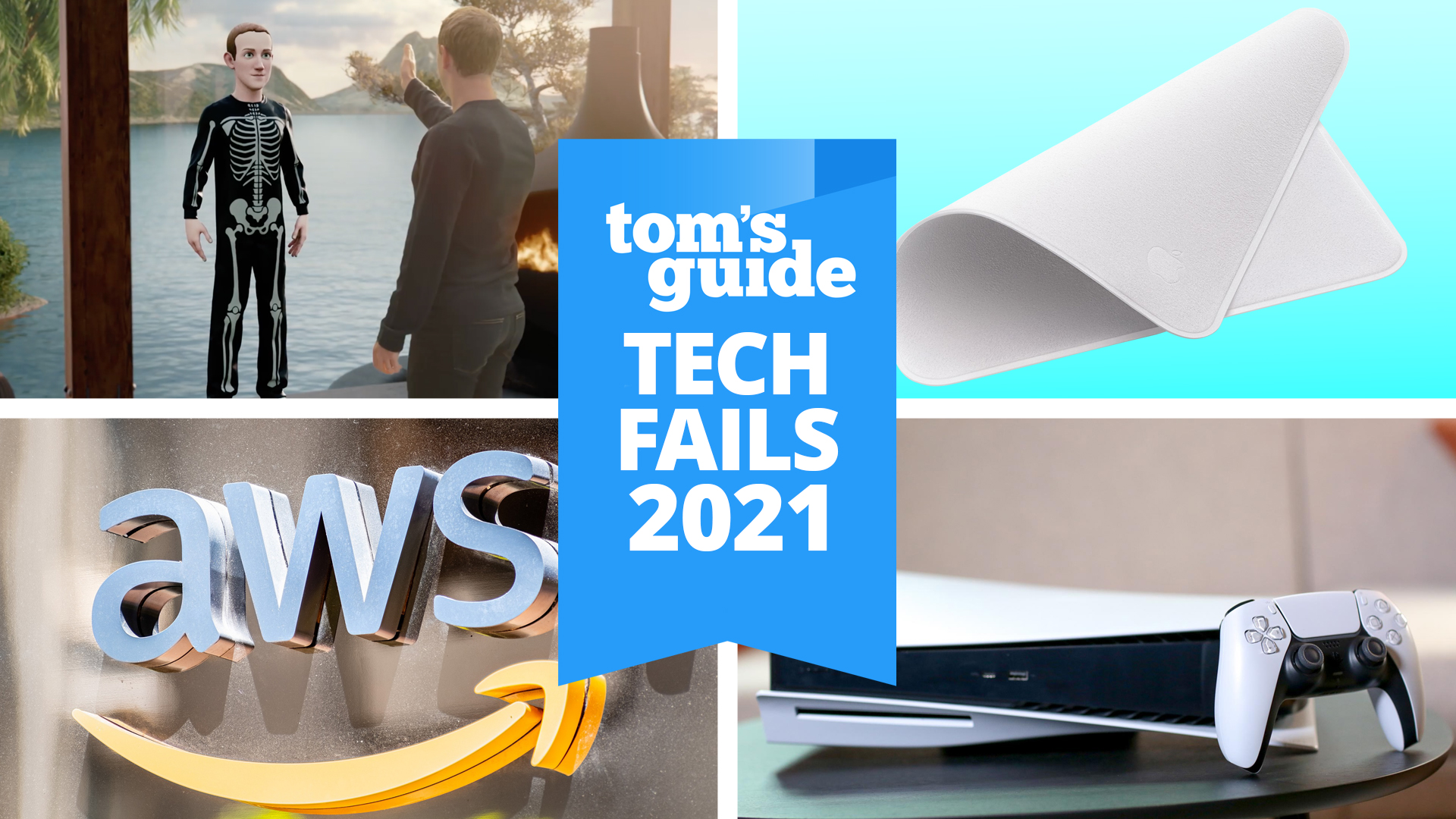
In more than one way, 2021 felt a lot like 2020, especially when it came to tech. A number of the biggest tech fails of this past year involved the same companies doing the same things and expecting a different result.
From console stock shortages to security breaches to Facebook, this past year was a bit of a redux. Still, there was plenty of other cringeworthy behavior on the part of tech companies.
We’ve picked a few of the most notable lowlights to highlight at the end of the year.
Facebook's Meta rebrand
Before this preposterous video — the official rollout of Facebook's rebranding as Meta — the word 'Metaverse' was something you'd only hear from venture capitalists talking in hushed circles online. A presentation made at Facebook Connect 2021, this clip previewed Mark Zuckerberg's vision for the future. And it all looked like a Fortnite event. He dressed up his avatar in a skeleton outfit (a huge "hello fellow teens" moment for all Phoebe Bridgers fans), then went into a meeting in a space-area.
None of this would have been as deserving of mockery, though, were it not taking place in the shadow of The Facebook Papers. Whistleblower Frances Haugen's legal counsel had provided redacted versions of damning internal documentation from Facebook that revealed our worst views of the social media giant were right. The company knew its Instagram app was terrible for the mental health of teen girls, and that was just the tip of the iceberg. But, surely, a new name and virtual avatars were the way to fix it all, right? — Henry T. Casey
The PS5 and Xbox Series X restock nightmare continues

As with 2020, it was still near-impossible to find either a PS5 or Xbox Series X, due to supply-chain issues as well as bots snapping up consoles whenever there was a PS5 restock or an Xbox Series X restock.
And it wasn’t just next-gen consoles. Thanks to the same supply-chain issues and bitcoin miners, it’s still incredibly hard to find high-end gaming GPUs, like the Nvidia 30-series graphics cards. Even the expected arrival of Nvidia 40-series GPU cards in 2022 is not going to alleviate the situation for a long while.
Get instant access to breaking news, the hottest reviews, great deals and helpful tips.
AWS SOS: Amazon takes down the web
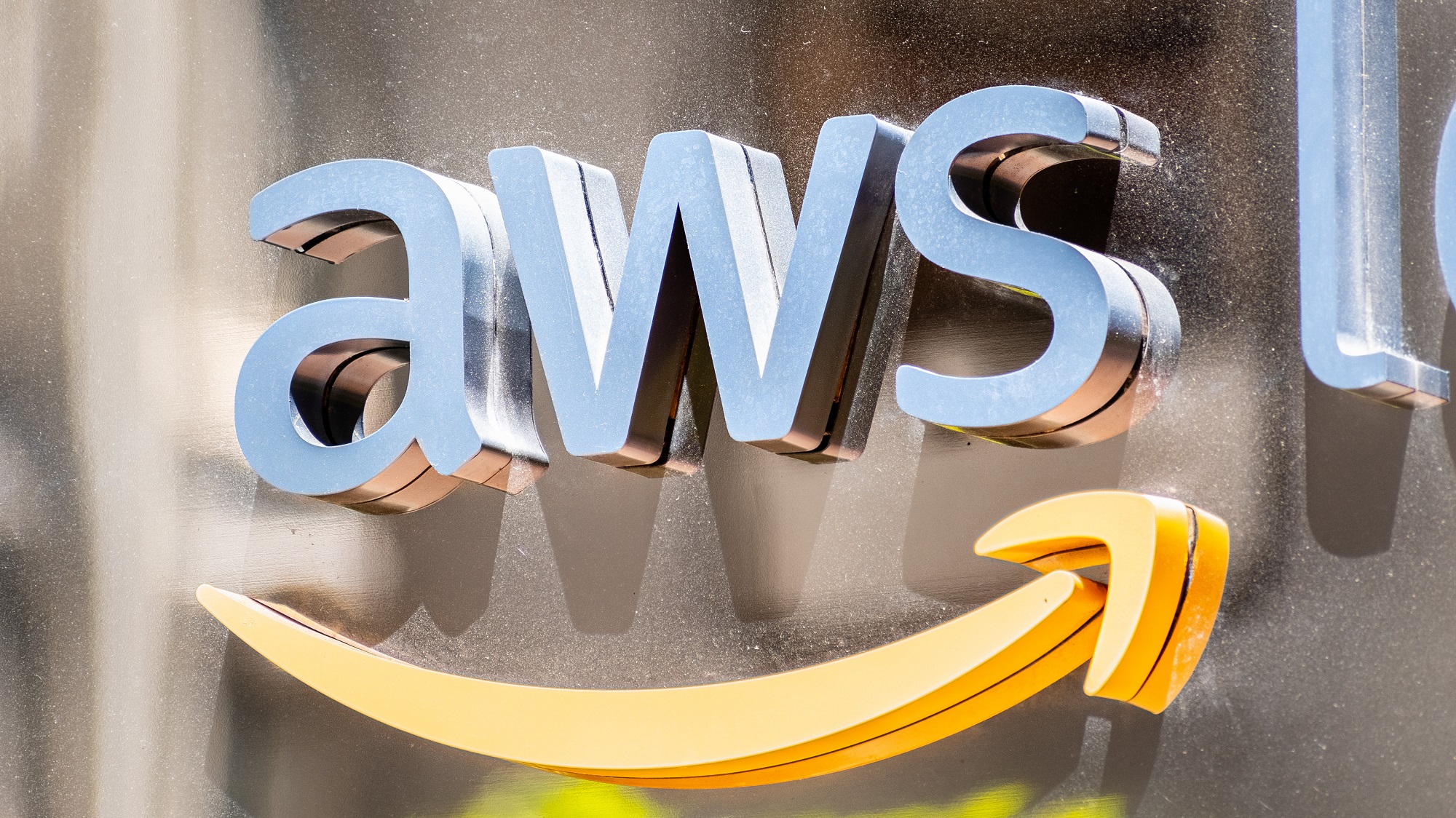
Amazon Web Services wasn’t the only major web-hosting service to have problems this year, but when you have two outages in the span of a week — both in November — and a third in late December, and you’re one of the largest providers around, it’s hard not to notice. The first AWS outage hit sites like Disney+, Ring, Prime Video, and Alexa, while the second AWS outage affected Twitch, Doordash, and the PlayStation Network, among others.
An even bigger internet outage in June, caused by content delivery network (CDN) provider Fastly, knocked out sites like Reddit, Amazon, Twitch, Etsy, PayPal, Venmo, Giphy, Target, eBay, the BBC, CNN, Squarespace (and any websites it hosts), as well as streaming services like HBO Max, Vimeo, Spotify, and Hulu. Most of the web, then.
Activision in a Blizzard of bad behavior
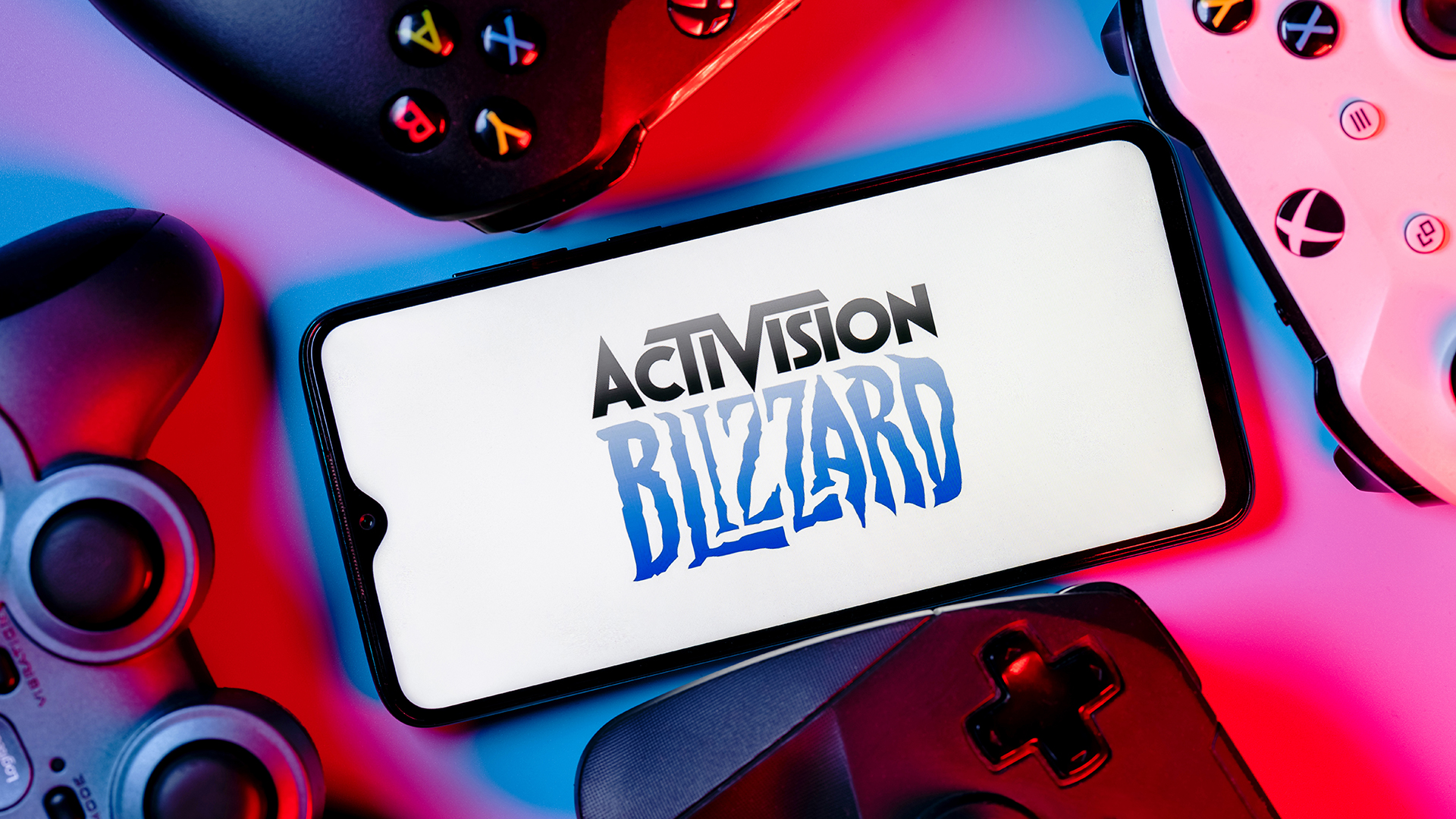
In July, the California Department of Fair Employment and Housing filed a suit against Activision, alleging sexual discrimination, rape and a “frat boy” culture that tolerated hostile working conditions for women. What’s more, CEO Bobby Kotick was aware of many of these allegations, according to a Wall Street Journal article, yet did nothing about them.
But rather than resign or fire Kotick in the face of shareholder and employee pressure — as well as criticism from Microsoft, Sony, and Nintendo — the company instead announced a “Workplace Responsibility Committee” to improve workplace culture and eliminate all forms of harassment. Considering the allegations in the lawsuit, it seemed too little, too late.
Tesla’s “full self-driver” mode

One year, cars will be able to autonomously drive us anywhere we want to go, and we’ll never have to put our hands on a steering wheel again, or pay attention to what the car is doing. But 2021 was not that year, despite the launch of Tesla’s “Full Self Driving” mode.
Released as a beta in July — as a $10,000 add-on or as a $200/month subscription — testers were warned to "Use Full Self-Driving in limited Beta only if you will pay constant attention to the road, and be prepared to act immediately, especially around blind corners, crossing intersections, and in narrow driving situations." In October, Tesla pulled an update that was causing “phantom braking,” but released a newer update in late December that supposedly fixes the issue.
Apple backtracks on scanning iPhones for child abuse
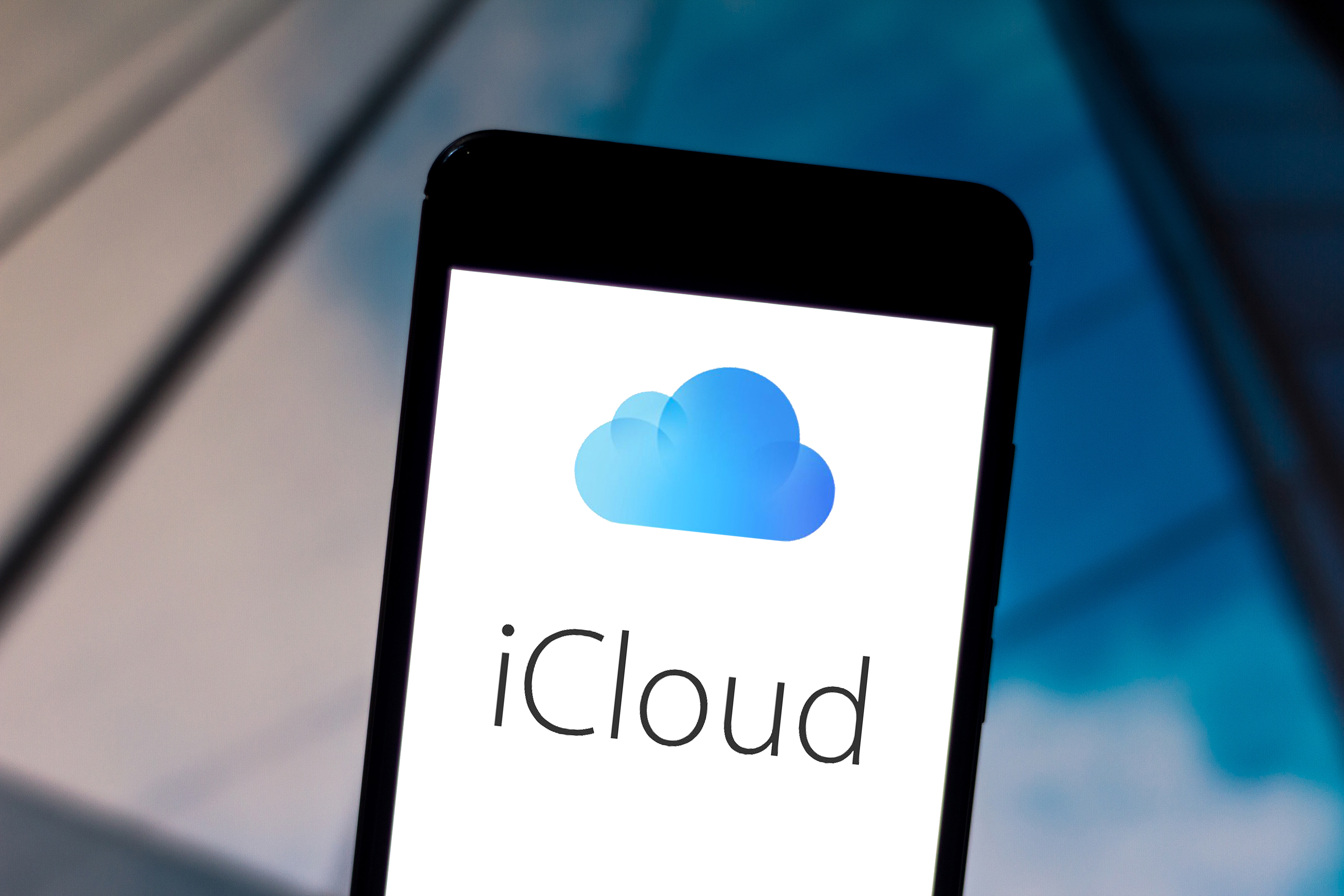
In August, Apple announced that it was going to roll out a program that would scan every person’s iPhone, iMessages, and iCloud accounts for child abuse images, and then notify the National Center for Missing and Exploited Children (NCMEC) if a certain threshold was met.
It’s a noble goal — and a policy that’s similar to ones that Google, Facebook, Microsoft, and Twitter have in place. However, the messaging around the rollout of the policy, its arbitrariness (it would take 30 photos to trigger an alert) plus the idea that Apple had free rein to look inside your phone, caused a backlash. In September, Apple said it was postponing the CSAM program.
Parler and Gab hacked

Regardless of who’s in office, it’s tough to launch a social media site with a singular bent. Case in point: Parler, which promised to be the right-leaning alternative to Twitter and Facebook, but was kicked off the Apple App Store and Google Play Store following the Jan. 6 Capitol riots for failure to moderate racist, homophobic, and antisemitic content, among other things.
On top of that, before the site was taken offline, activist hackers managed to archive nearly all the publicly available posts made by Parler users, a total of 70TB of data. Parler was reinstated to the App Store in May, after adding “enhanced threat and incitement reporting tools.”
And it’s not just Parler; far-right site Gab was also allegedly hacked in February by DDoSecrets, which said it would make the 70GB of data — which includes passwords and private posts — available to researchers and journalists.
T-Mobile’s data breach(es) — again
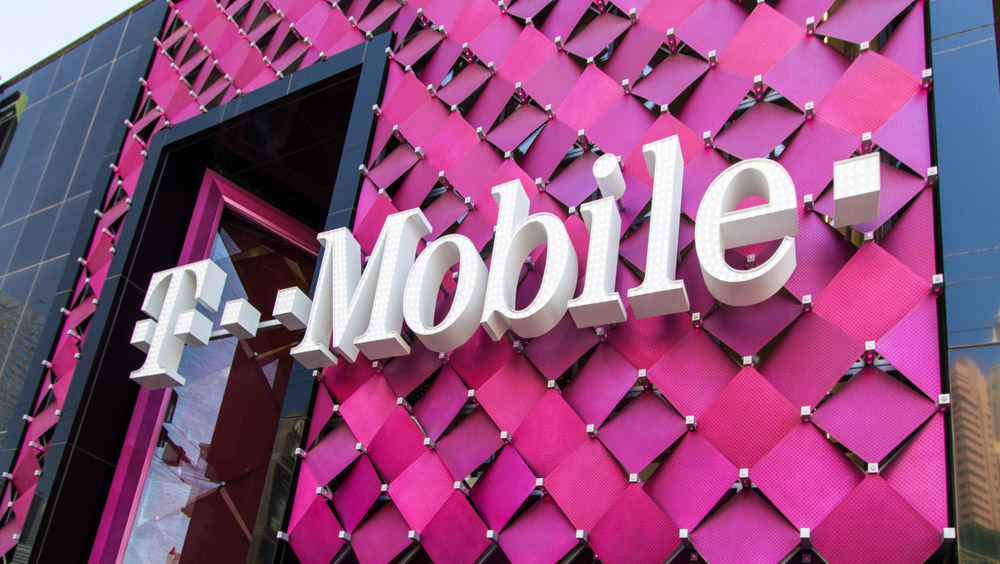
T-Mobile doesn’t have a great track record when it comes to keeping its customers’ data secure. In August, a data thief claimed that they had stolen information from 100 million customers, which supposedly included 30 million Social Security numbers and driver's-license numbers. It was at least the fourth time the company was hacked over the past 18 months — there were also incidents in March 2021, December 2020 and March 2020.
Apple’s overpriced cleaning cloth

Yes, Apple products are generally more expensive than their PC and Android equivalents, but many consumers are willing to put up with the “Apple Tax” for the product design and user experience. But $19 for a polishing cloth? C’mon.
Yes, this gray nanofiber cloth has a subtle embossed Apple logo, but when you can buy a pack of 30 microfiber cloths on Amazon for the same price, Apple’s premium cloth seems ridiculously overpriced. What’s more incredible is that Apple’s polishing cloth quickly sold out.
Log4j server vulnerabilities

We'd never heard of it either, but a tiny server-software component called Log4j nearly brought down the internet in early December. It was found to have security flaws that could let hackers take over computers with a single line of text.
Except for Minecraft players running the game's Java Edition, consumer PCs and smartphones aren't affected, but millions of web servers worldwide are still at severe risk of getting hacked — and countless amounts of personal information, bank and credit-card details and account passwords could be stolen.
Like a lot of free open-source software, Log4j is maintained by a handful of volunteers working in their spare time. It's time for big companies that use such software to start paying these software developers for their time and efforts.
YouTube TV's annoying year of platform issues
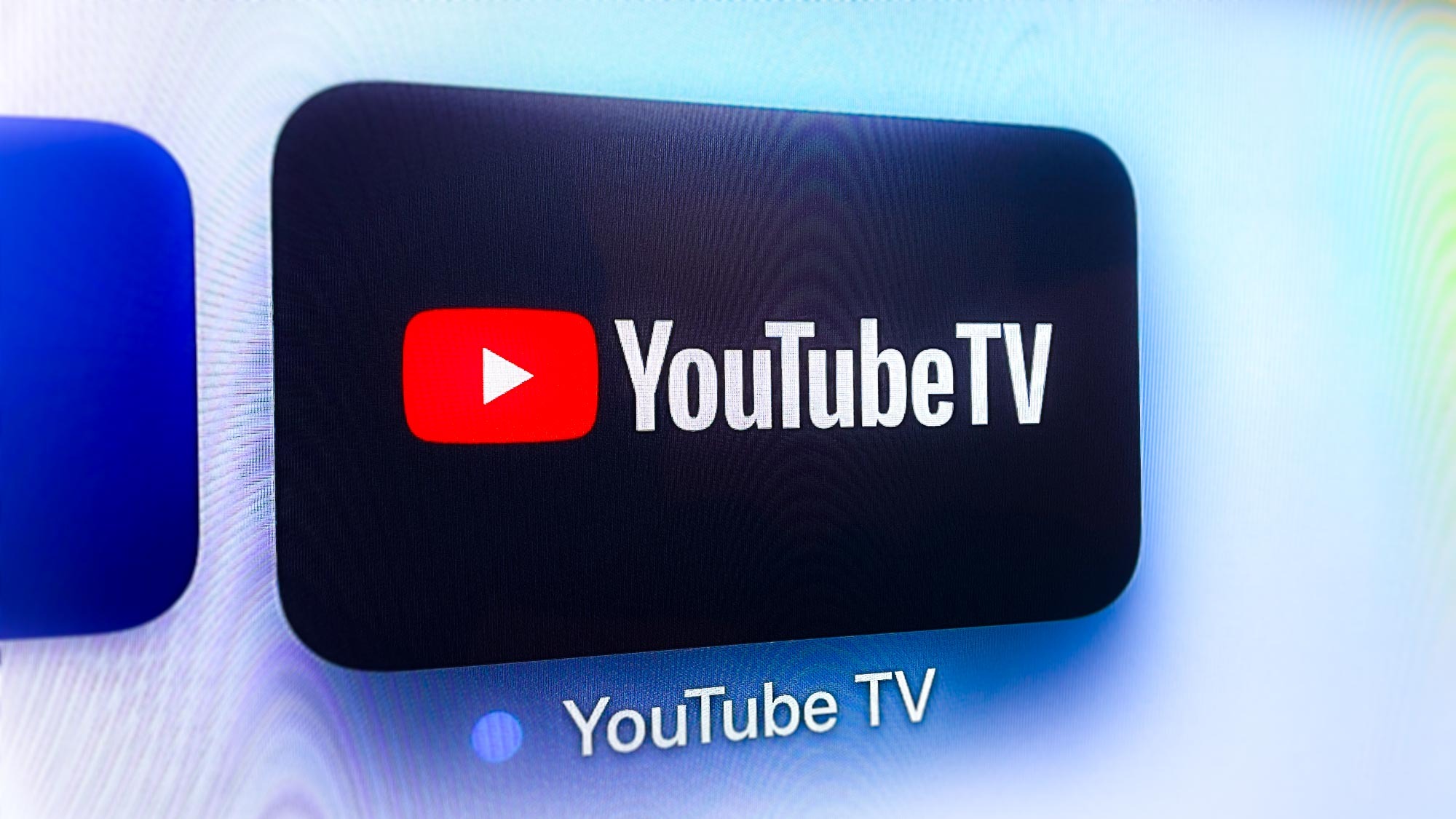
Where do we begin? Roku and YouTube TV spent the year beefing, with the live TV app falling out of the Roku Channel Store. YouTube TV was then nestled inside of the main YouTube Roku app, which was a canny way to keep it alive for new subscribers. After that, YouTube and Roku's negotiations got so bad that the YouTube app was almost kicked out of the Roku Channel store altogether. Fortunately, a last-second fix was found. Similarly, YouTube TV and NBCUniversal almost had a falling out, with their deadline extended so nobody missed Sunday Night Football or SNL.
But then YouTube TV lost ESPN, ABC and other Disney-owned channels. The channels vanished at midnight on Saturday, Dec. 18, and likely sent many customers hunting for ways to watch those channels, such as on Sling TV and fubo TV. Fortunately, the dispute was resolved on Sunday, Dec. 19, but this kind of annoyance was not what anyone wanted to see from YouTube TV. We cut the cord to escape these frustrating moments. — Henry T. Casey

Michael A. Prospero is the U.S. Editor-in-Chief for Tom’s Guide. He oversees all evergreen content and oversees the Homes, Smart Home, and Fitness/Wearables categories for the site. In his spare time, he also tests out the latest drones, electric scooters, and smart home gadgets, such as video doorbells. Before his tenure at Tom's Guide, he was the Reviews Editor for Laptop Magazine, a reporter at Fast Company, the Times of Trenton, and, many eons back, an intern at George magazine. He received his undergraduate degree from Boston College, where he worked on the campus newspaper The Heights, and then attended the Columbia University school of Journalism. When he’s not testing out the latest running watch, electric scooter, or skiing or training for a marathon, he’s probably using the latest sous vide machine, smoker, or pizza oven, to the delight — or chagrin — of his family.
 Club Benefits
Club Benefits





